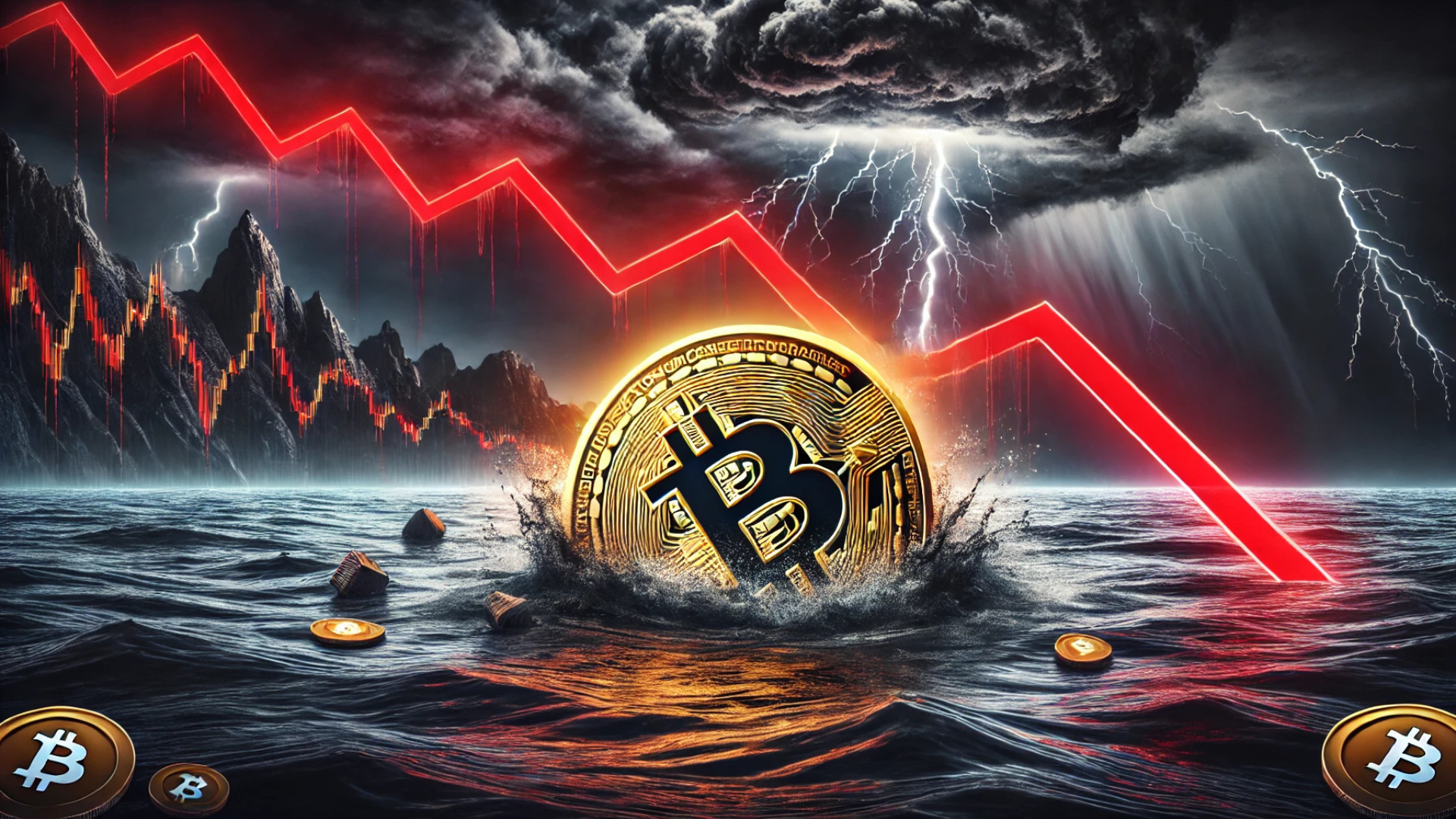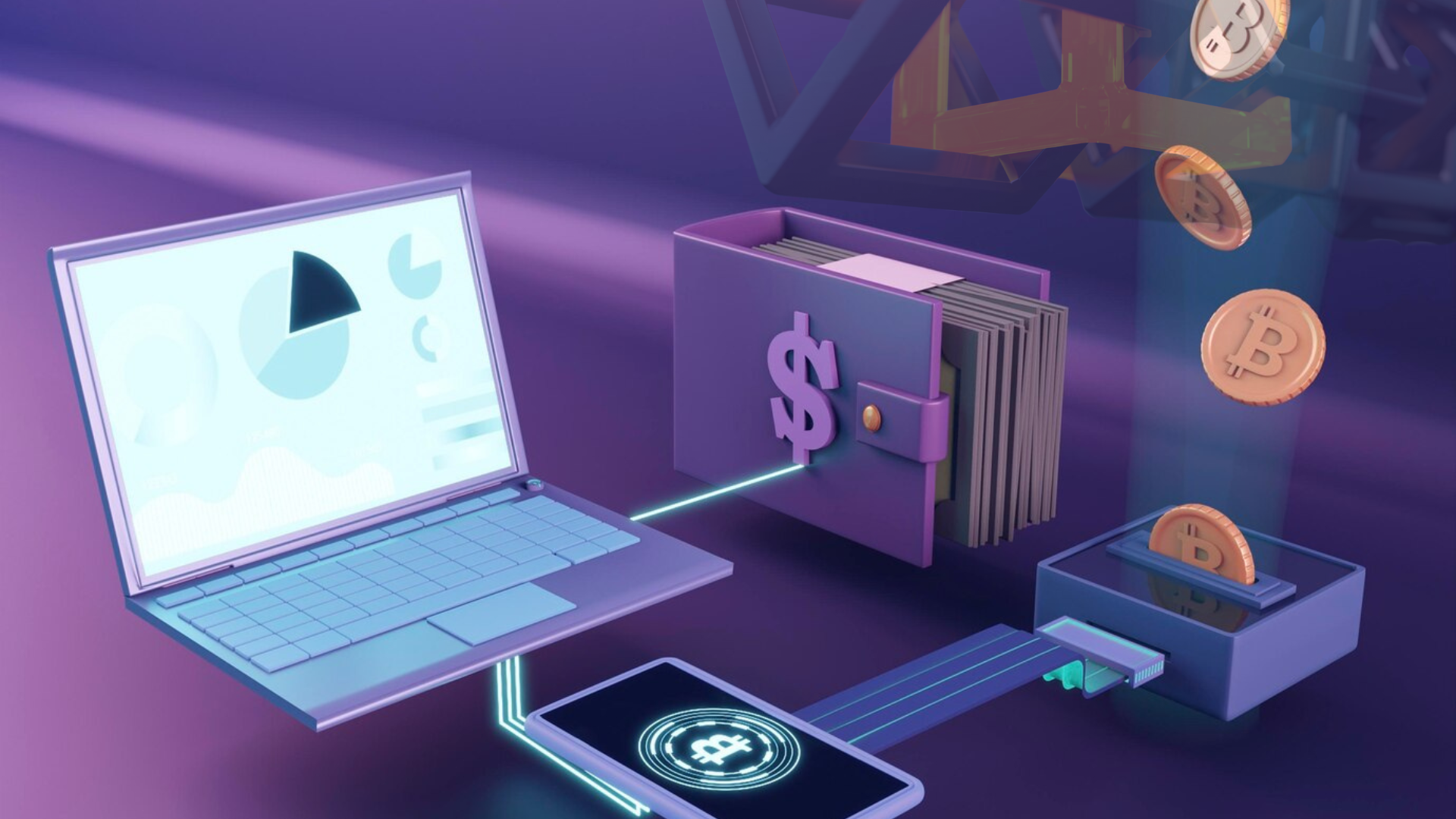
Solana is set to vote on a proposal that could dramatically alter its token creation process and staking reward system, impacting the network’s inflation rate. While many see the move as deflationary, some critics worry about its broader implications for investors and decentralization.
Solana’s Inflation Overhaul: What’s Changing?
On March 6, SOL holders will vote on the Solana Improvement Document (SIMD) 0228, which proposes shifting from a fixed inflation schedule to a market-based rate. This means the inflation rate would be determined by the proportion of staked SOL tokens.
Under the proposal, if more than 50% of SOL is staked, the overall supply in circulation would decrease, making the change largely deflationary. Given that Solana’s current staking rate is 63%, the implementation of this new system could lead to a significant reduction in inflation.
Concerns Over Solana’s Inflation Proposal
Despite its potential benefits, the proposal has drawn criticism from key figures, including Solana Foundation President Lily Liu. She expressed concerns about how traditional investors, particularly institutional players, might react to unstable yields.
Liu noted that Solana’s staked ETFs are currently the largest in the market, even surpassing Ethereum’s. She attributes this success to Solana’s predictable 6% staking yield, which has attracted institutional investors.
“Widely fluctuating yields turned away institutional demand” for Cosmos, Liu explained in a discussion on X. She warned that Solana could repeat Cosmos’ mistake if it fails to implement a sustainable long-term emissions strategy.
Impact on Smaller Validators and Decentralization Risks
Another major concern is how this proposal could affect smaller validators. Running a Solana node is already expensive, and smaller validators often struggle to remain profitable. Under SIMD-0228, these validators could receive even lower rewards, particularly during periods of low network activity.
If smaller validators are forced to leave the network due to financial constraints, it could threaten Solana’s decentralization. Fewer validators would mean greater centralization, increasing the risks associated with a more concentrated validator network.
Solana’s upcoming vote on SIMD-0228 could lead to a major shift in network inflation and staking rewards. While the proposal aims to reduce inflation and stabilize token supply, it also introduces concerns about institutional investor confidence and decentralization risks. The outcome of this vote could have lasting implications for Solana’s future as it seeks to balance growth, stability, and decentralization in its evolving ecosystem.


















































































































































































































































































































































































































































































































































































































































































































































































































































































































































































































































































































